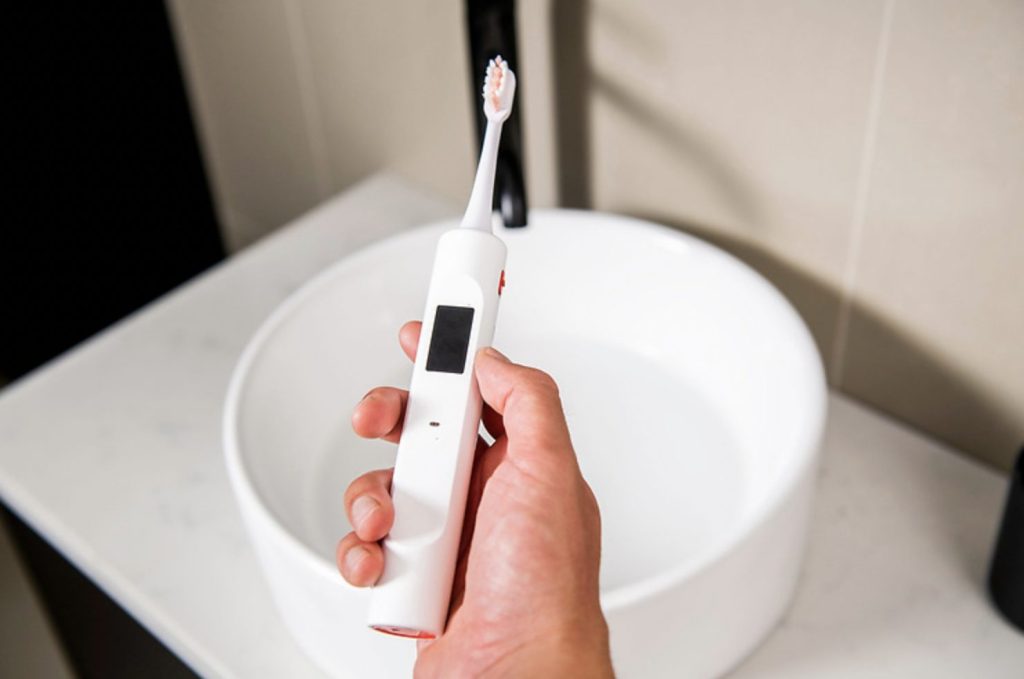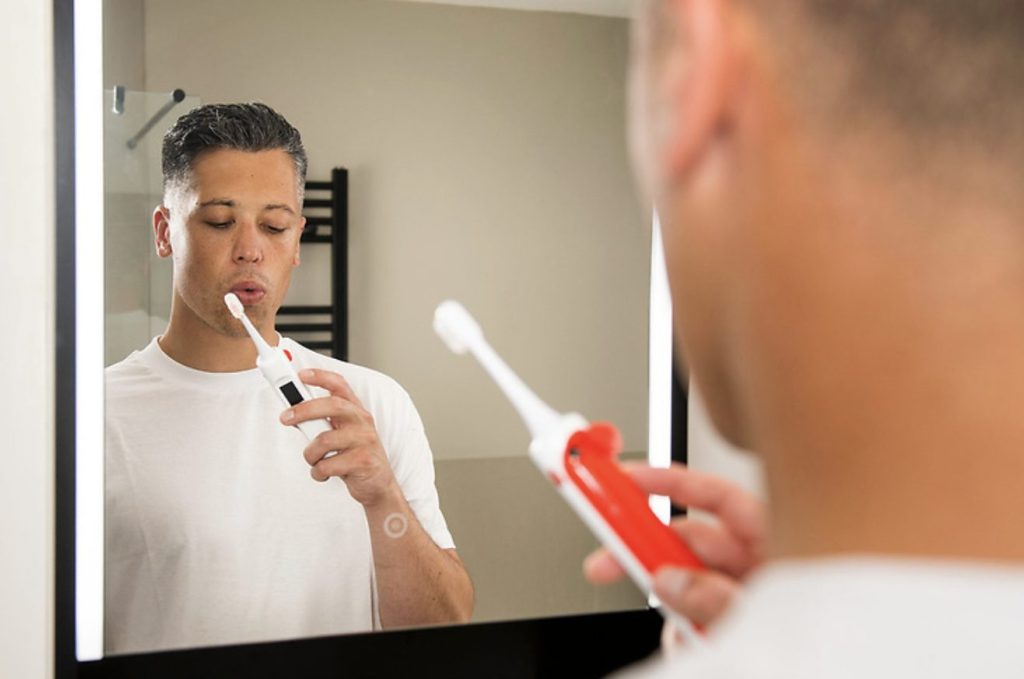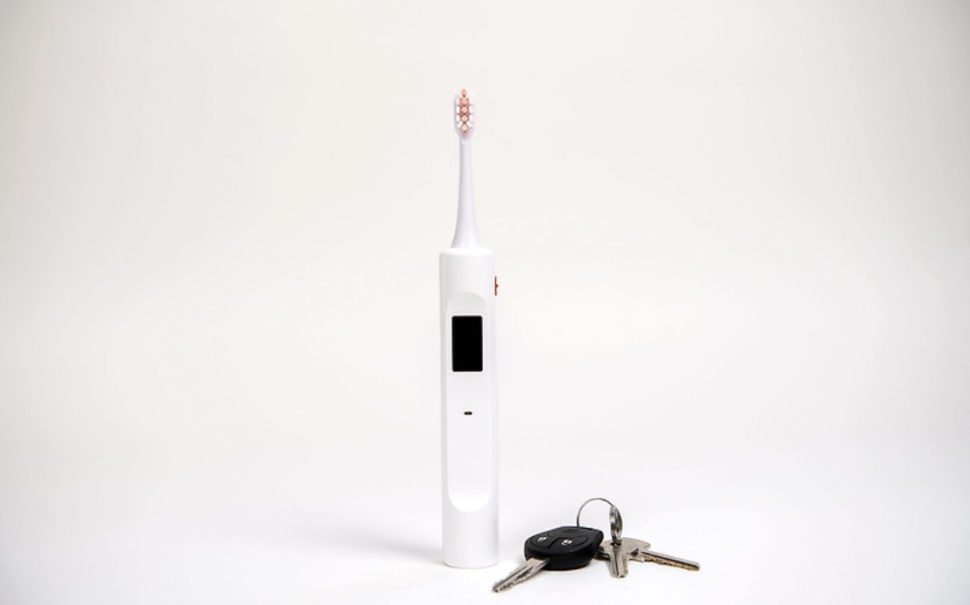The world’s first breathalyser toothbrush, a game-changing invention designed to freshen up the drink driving conversation and help Brits avoid taking to the roads over the limit the morning after has been unveiled this week.
The invention comes as new research revealed half of British adults aged 18 to 34 have taken to the roads the morning after a night out, despite feeling over the limit.
It also comes after new UK Police Force data shows an eight per cent year-on-year increase in motorists failing roadside breath tests in the morning after period.
Ahead of the festive season, Direct Line is unveiling a first-of-its-kind breathalyser toothbrush to help Brits rise responsibly and check they’re safe to drive the morning after.
The Brushalyser aims to drive behaviour change by getting people to think twice before driving on a morning hangover, embedding breathe testing seamlessly into Brits’ morning routines.

Once finished brushing, users would simply blow into the breathalyser on the back of the toothbrush; the light flashes red and vibrates if over the limit, and glows green if it’s safe to drive.
Lorraine Price, Head of Motor Insurance at Direct Line comments: “As one of the UK’s leading insurers, we’re on a mission to make roads safer for everyone and its clear drivers need a wake-up call when it comes to drinking and driving.
“The breathalyser toothbrush aims to remind people they could be over the limit the morning after drinking, and ties breath testing seamlessly into Brit’s morning routines.
“We’re mindful this is in early development stages, but change is needed now, so we’re urging people to get clued up on how long it takes to sober up. They could even consider buying a breathalyser for their home or car to test themselves before taking to the road in the morning.”
The innovation comes after new research from Direct Line reveals a quarter of British adults (25 per cent) admit to driving the morning after a night out, despite feeling under the influence of alcohol.
Younger drivers, aged 18 to 34, are the biggest offenders with half (50 per cent) confessing to getting behind the wheel the morning after a night out.
The study found drivers who attended an event this summer consumed on average a whopping 16 units, the equivalent of seven pints of regular strength beer or one and a half bottles of wine.
These individuals are consuming more than the NHS recommended weekly allowance in under 24 hours. This Christmas could see the next spike as drivers attend festive work parties and gatherings with friends.
The campaign is backed by Dr Joeran Koechling, who recently led a University of Cambridge study into the reasons behind drink driving and particularly how accurately drivers can estimate their fitness to drive after drinking alcohol.

He commented: “I’ve spent years studying road casualty data and while it’s always been concerning, the fact that people are openly confessing to taking to the roads while feeling under the influence of alcohol is shocking.
“This invention is incredibly smart. It embeds breath testing into a drivers’ morning routines seamlessly, even the visual reminder of seeing the breathalyser section on the back while you’re brushing your teeth acts as a prompt to take stock and test your alcohol levels.
“Road traffic injuries have become the leading killer of people aged five to 29 years, and recently, the World Health Organization has said that alcohol-related traffic accidents are one of the major causes. Our own study specifically showed drivers are strongly misjudging their alcohol levels, meaning people consider themselves fit to drive when in fact they have dangerous levels of alcohol in their blood.”
The research also showed lack of awareness when it comes to the law and limits, with 40 per cent of drivers admitting they don’t know the drink drive limit at all and over a third are unaware of the penalties if they were to be caught (35 per cent).
One in ten believe breakfast, coffee and sleep will sober them up enough to be fit to drive. Almost a third (29 per cent) of 18 – 34-year-olds believe if they don’t feel drunk the morning after an evening of drinking alcohol, they are fine to drive.
The toothbrush, which is currently being tested for potential release in 2024, is one part of Direct Line’s wider mission to highlight the risks of drink driving, to make roads safer for all now and in the future.

